Will Boarding Passes & Check-In Be Scrapped In Air Travel Shake-Up?
Could we see boarding passes and check-in made obsolete in a matter of years, as one of the biggest shake-ups to the flying experience in decades (thanks to Jay for flagging this)? While I’m sure the technology could become a reality, I’m skeptical about the timeline…

Could we see boarding passes and check-in made obsolete in a matter of years, as one of the biggest shake-ups to the flying experience in decades (thanks to Jay for flagging this)? While I’m sure the technology could become a reality, I’m skeptical about the timeline…
Digital journey pass to replace boarding passes & check-in
The International Civil Aviation Organization (ICAO), the United Nations body that oversees many aspects of aviation, is promoting the concept of new “digital travel credentials,” which could completely revolutionize the travel experience in a matter of two to three years, and make checking in for flights (whether at the airport or online) completely obsolete.
How would this work? Under the plan:
- When you book a flight, you’ll be issued a “journey pass” on your phone, which will automatically be updated if any changes are made to the booking; this will also contain your passport details
- Rather than checking in, airlines will be alerted to a passengers’ intention to fly when they arrive at the airport, and their face is scanned
- Those checking bags will continue to use a bag drop, while those traveling with just carry-ons will have their faces scanned at security checkpoints
- You can then board an aircraft simply with biometric data, since your passport is saved in your journey pass
These plans require airports to upgrade their infrastructure with new facial recognition technology. As you can see, the idea is that facial recognition would allow travelers to move through the airport without taking their phone or passport out of their pockets. Amadeus emphasizes how it has developed a system where passenger details are wiped within 15 seconds of each contact at a “touchpoint,” to ensure security.
The idea is that this would only be the start of what’s possible with this technology. Similarly, the idea is that if you misconnect on a flight, you’d just automatically be sent your updated flight details, with no need to actually check-in for your new flight, but instead, you could just head straight to the departure gate and board.
Here’s how Valérie Viale, Director of Product Management at Amadeus, describes this:
“These changes are the biggest in 50 years. Many airline systems haven’t changed for more than 50 years because everything has to be consistent across the industry and interoperable. The last upgrade of great scale was the adoption of e-ticketing in the early 2000s. The industry has now decided it’s time to upgrade to modern systems that are more like what Amazon would use.”
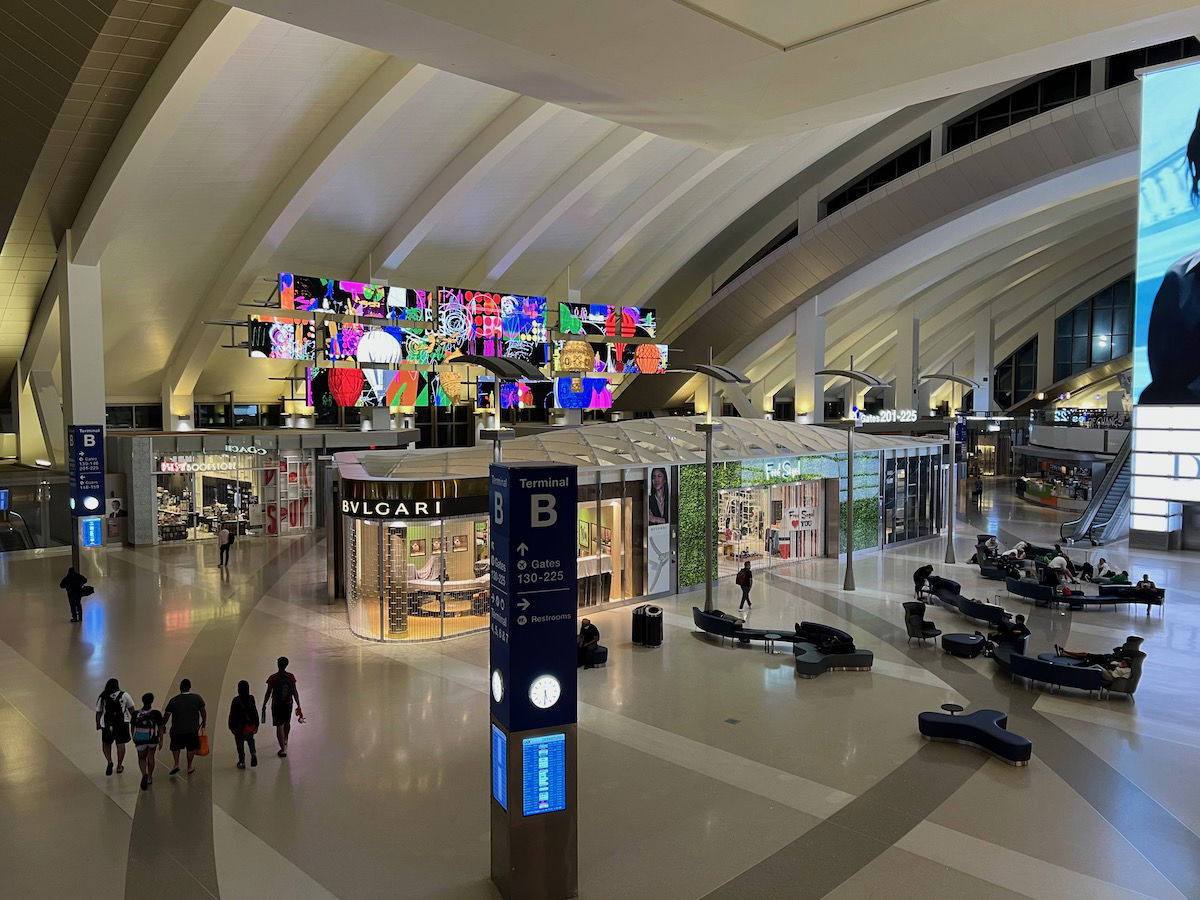
How realistic is this game changing technology?
There are many aspects of the flying experience that are ripe for innovation. While much of the technology in the airline industry is outdated, it’s also worth remembering how much things have changed over time. For example, it was only in 2008 that ticketing moved entirely electronic, and paper tickets were no longer a thing.
The industry is definitely headed in the direction that ICAO is proposing, and we’re seeing signs of that everywhere. Nowadays you can go through a TSA checkpoint by scanning your driver’s license, and then a machine verifies your identity. Biometric boarding is becoming increasingly common as well. In some ways, just fully ripping off the band-aid when it comes to biometrics is evolutionary rather than revolutionary.
So there’s no aspect of this new technology that seems unrealistic. For that matter, the whole concept of needing to check-in within 24 hours of departure seems kind of silly, since it’s basically just a roll call of who actually intends to make the flight, among those who are booked — it doesn’t accomplish anything else.
My only skepticism with this new concept is the timeline, as I don’t think we’ll see this implemented on a widespread basis within the next few years. The logistics seem challenging:
- You’d need this airport-wide facial recognition technology to be available on a widespread basis across airports, or else this would only have niche uses
- I operate under the assumption that we have no privacy and the government knows everything about us, but I have to imagine there will be pushback from some, who feel their privacy is being violated
- While smartphones have become common, there are still lots of people around the globe who don’t have them, so what’s the plan when that’s the case?
In terms of timeline, I think it’s interesting to keep in mind that most airport security authorities think that new security scanners make it safe to leave larger liquids in carry-on bags. While these are being rolled out, the TSA claims that it likely won’t lift liquids restrictions until 2040. That’s 15 years from now.
So I have a hard time believing that we’ll see a journey pass concept implemented in the next two to three years, especially given the amount of cooperation it requires between countries.
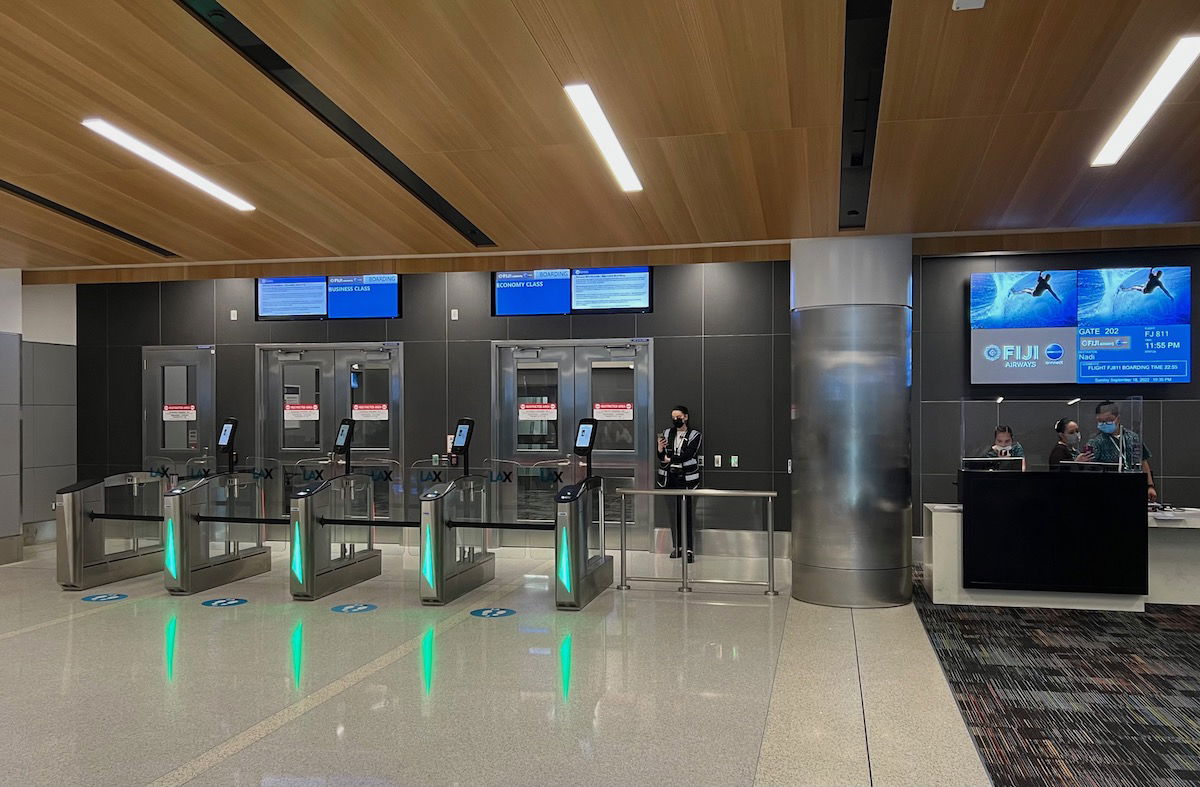
Bottom line
The ICAO believes that digital travel credentials will be the next major innovation to the travel experience. With this, we could see check-in and boarding passes replaced by journey passes, where you upload everything digitally, and then the entire airport experience takes place with biometrics. Airlines will know whether you’ll make the flight based on facial recognition, you’ll board using biometrics, etc.
There’s no denying that this could happen, and that the technology is there for this to become a reality. The question is just about the timeline, given the scale of this project.
What do you make of the prospects of this shake-up to the travel experience?































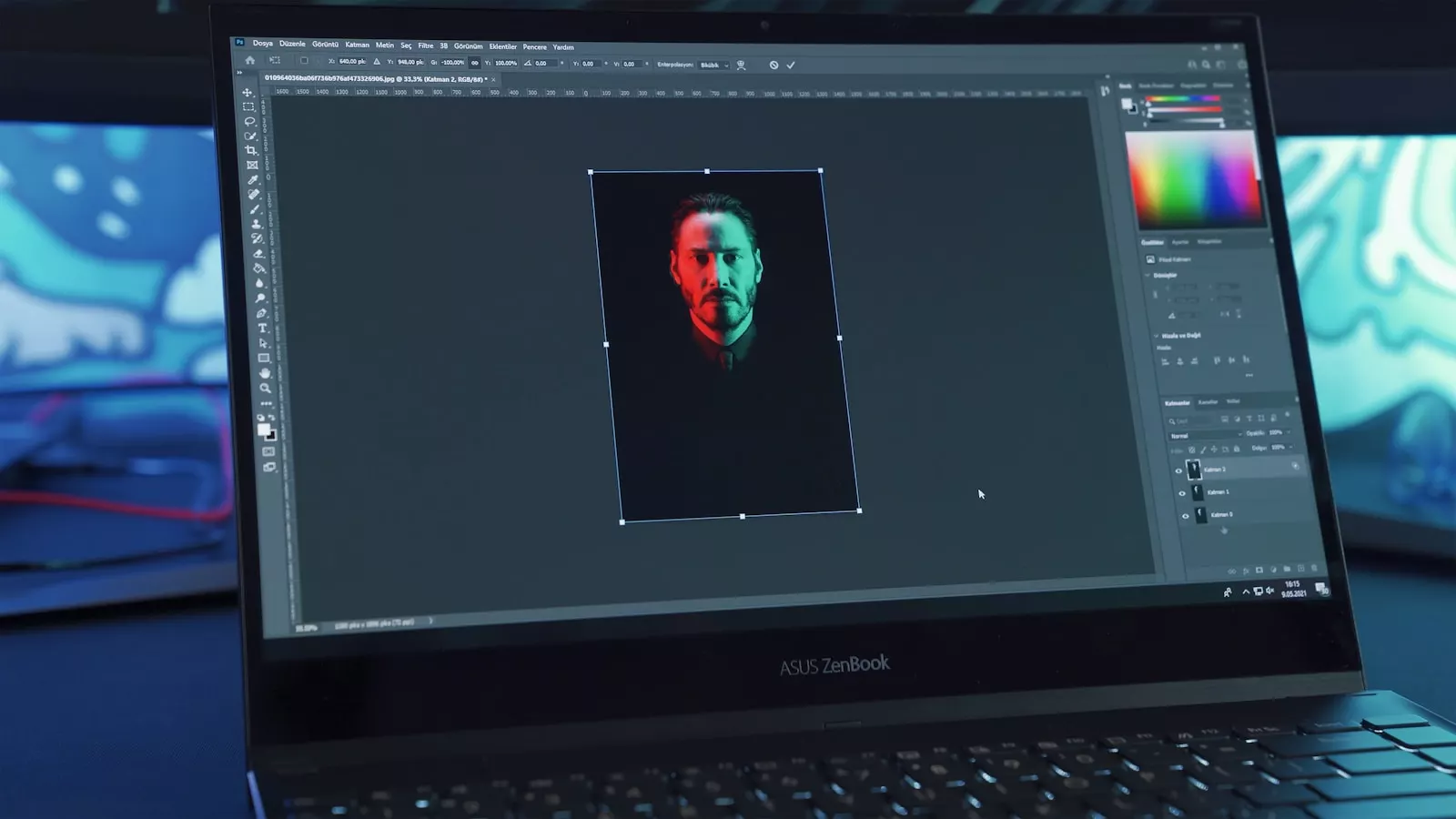




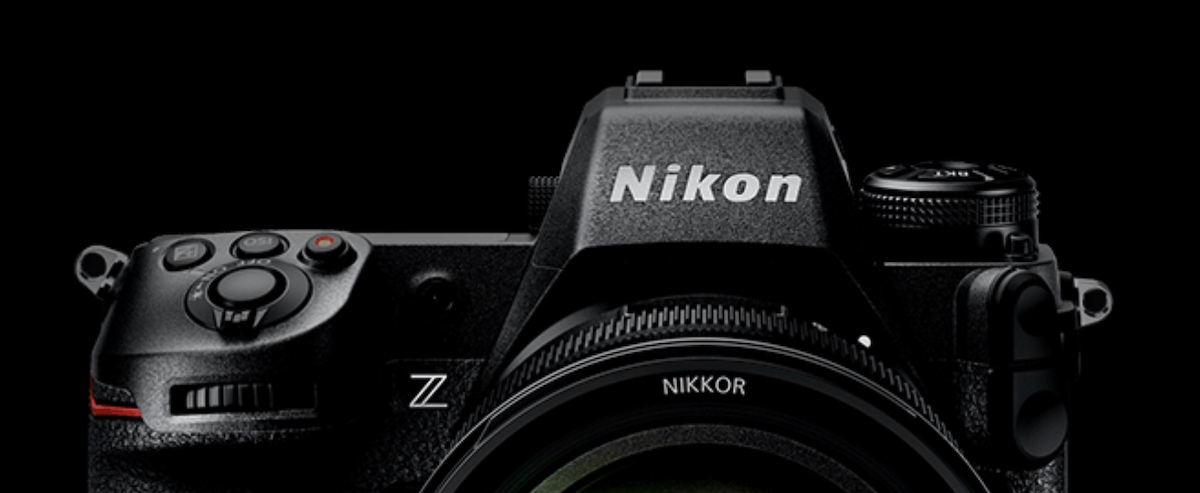























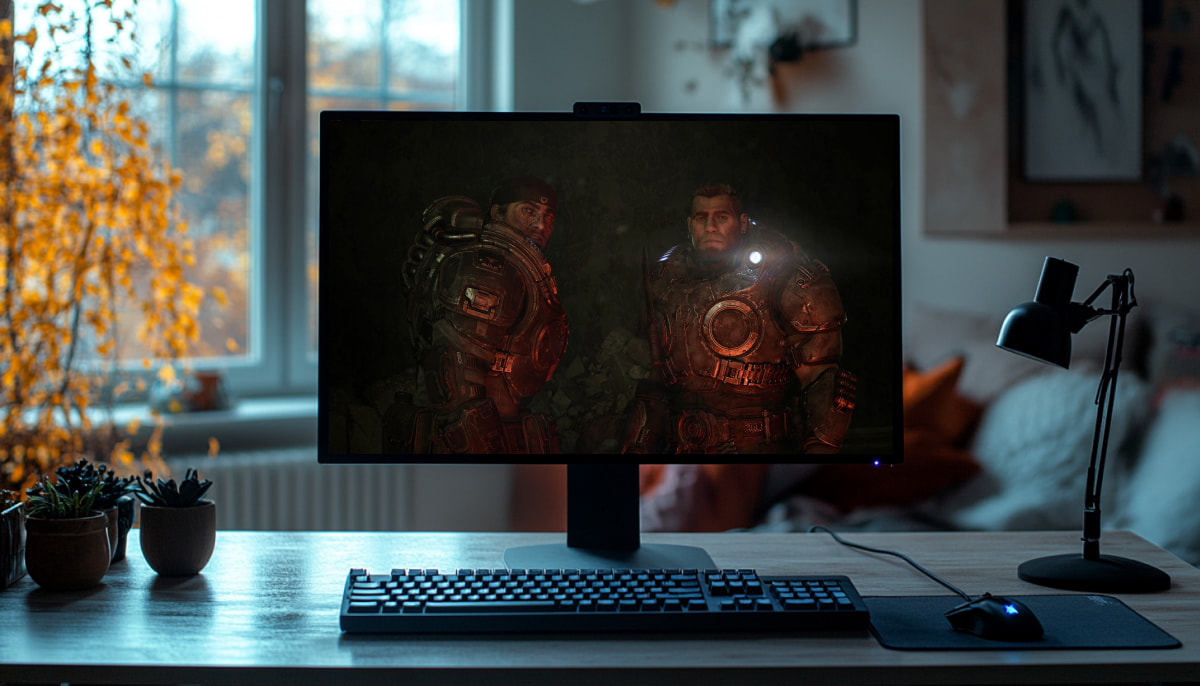



-Baldur’s-Gate-3-The-Final-Patch---An-Animated-Short-00-03-43.png?width=1920&height=1920&fit=bounds&quality=70&format=jpg&auto=webp#)

































































































































































































